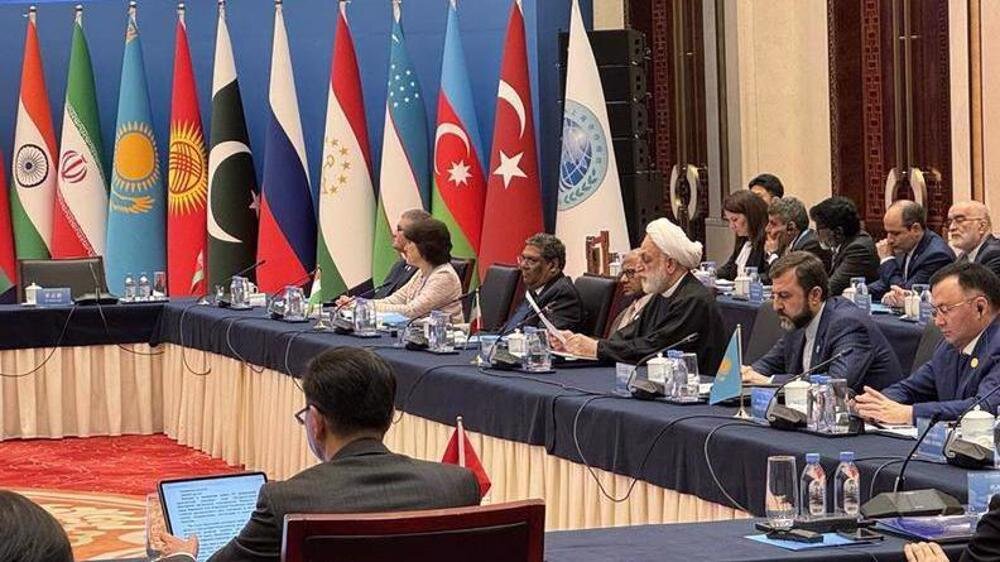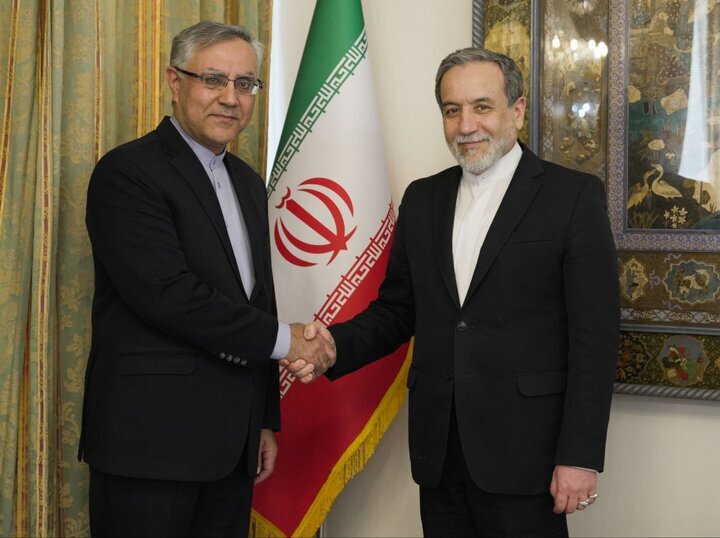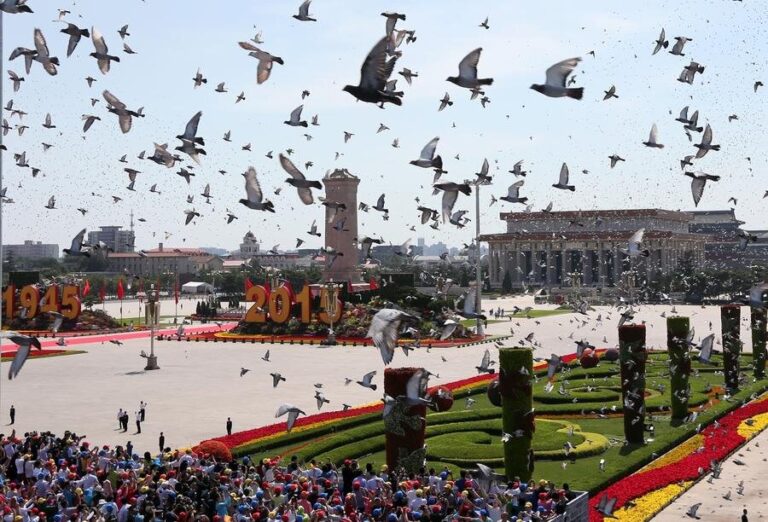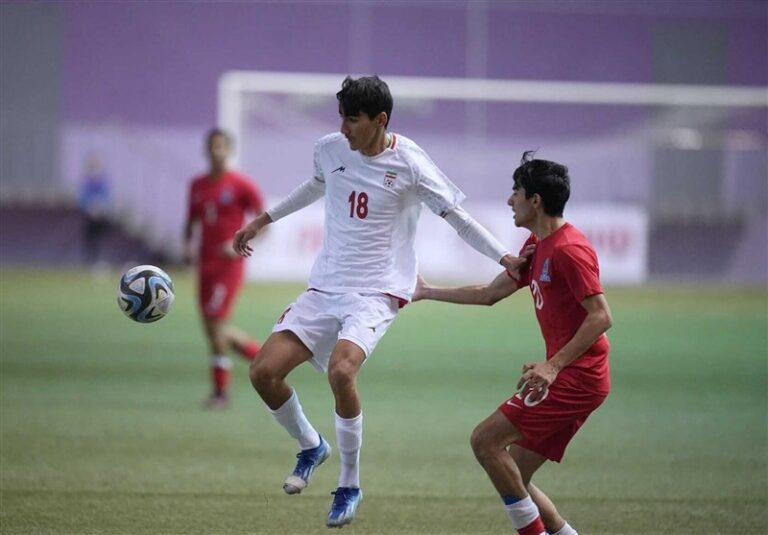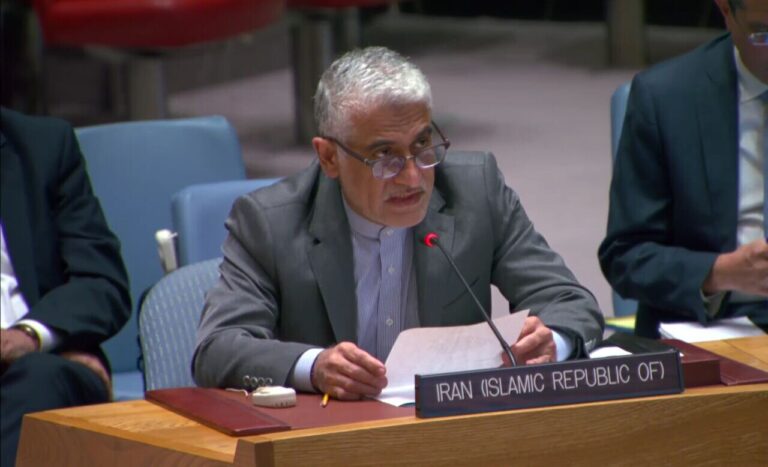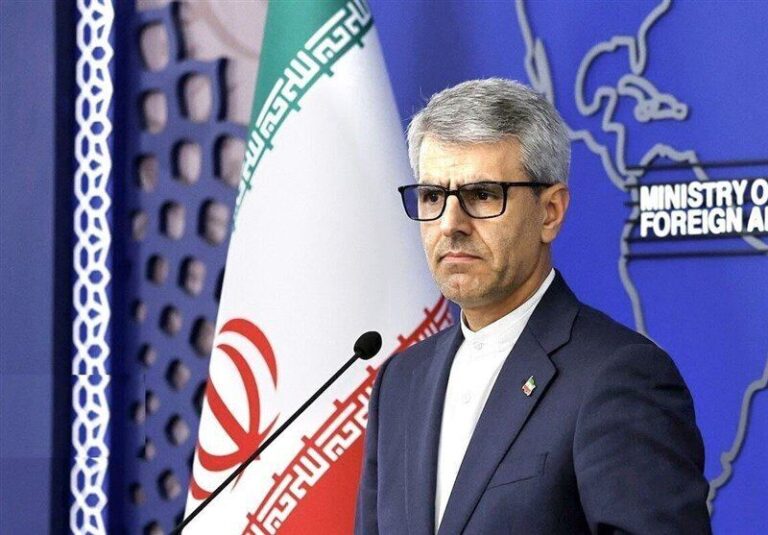Iran Unveils Bold Legal Strategy to Strengthen Its Position in the SCO Amidst Growing Challenges
In a significant event for international legal cooperation, Gholamhossein Mohseni-Eje’i addressed the opening of the 20th Meeting of Heads of Judicial Systems of SCO member states in Hangzhou, China, highlighting the pressing challenges faced by the global community. This meeting serves as a vital platform for enhancing legal and judicial cooperation among SCO members, as emphasized by Mohseni-Eje’i.
According to Press TV, the gathering provides an excellent opportunity to adopt a pragmatic approach to the multifaceted challenges confronting the world today. Mohseni-Eje’i pointed out that:
- The world is currently facing serious issues such as unilateralism and the criminal use of communication technologies.
- Concerns regarding terrorism, human rights violations, and threats to regional and international peace are more pronounced than ever.
- Organized crime continues to threaten global security.
He noted, “The gathering of the top judicial authorities of SCO member states provides a suitable platform for friendly discussions on legal and judicial cooperation and adopting a pragmatic, constructive, and serious approach to interaction and collaboration.”
Furthermore, Mohseni-Eje’i addressed the alarming threat posed by terrorist groups, stating that these organizations endanger international peace and security. He mentioned that:
“Terrorism and the actions of terrorist groups, which threaten international peace and security, including in some SCO member states, have claimed the lives of more than 23,000 innocent people in the Islamic Republic of Iran over the past four decades, martyring them.”
He emphasized the need for strong collaboration among the criminal justice systems of SCO member states to effectively prosecute and punish these criminals and their supporters.
In addition to the challenges posed by terrorism, Mohseni-Eje’i highlighted that some SCO member states face unilateral sanctions imposed by certain countries that profess to champion human rights. He articulated that:
“The imposition and enforcement of these sanctions are in clear violation of international law, the UN Charter, and various human rights, including the right to life, education, health, development, and welfare.”
He urged SCO member states to enhance their economic and commercial cooperation to counter these sanctions while also prioritizing legal and judicial actions against those who impose and enforce them as well as supporting the victims of such sanctions.
On the issue of the ongoing conflict in Gaza, Mohseni-Eje’i stated, “The genocide and war crimes of the Zionist regime, which began in October 2023, continue unabated.” He pointed out that:
- The number of victims from these crimes exceeds 51,000, with over 116,000 injured.
- More than 70% of the victims are women and children.
- Two million residents of Gaza have faced forced displacement.
He criticized the complete destruction of Gaza’s critical infrastructure, where no location—be it hospitals, schools, mosques, or historical sites—has been spared from aggression. He lamented that:
“The perpetrators of these crimes, despite being pursued by the international criminal justice system, freely travel to certain countries. The Zionist regime’s crimes, which blatantly violate human rights and humanitarian law, are unfortunately fully supported by these countries.”
To address these pressing issues, Mohseni-Eje’i proposed eight strategic measures to enhance judicial cooperation among SCO member states:
- Strengthening judicial cooperation in combating transnational crimes by establishing joint mechanisms, including a “judicial information-sharing platform” to expedite prosecutions and a joint task force for countering drug trafficking.
- Harmonizing laws to combat terrorism through the development of legal frameworks that can effectively prosecute terrorists and prevent their misuse of cyberspace.
- Developing judicial diplomacy in cybercrime by forming a joint cyber committee to set standards for collecting digital evidence and conducting joint exercises simulating cyberattacks.
- Reducing commercial disputes by establishing an “SCO International Arbitration Center” to address economic conflicts.
- Combating human trafficking by strengthening protective laws, cooperating on criminal extradition, and creating a shared database on trafficking groups, along with victim rehabilitation programs involving NGOs.
- Protecting the environment by addressing cross-border environmental crimes, including waste trafficking and water pollution, through a joint protocol for prosecuting such crimes.
- Exchanging experiences to enhance judicial systems using modern technology, including annual summits on digital transformation and creating an online training platform for judges.
- Strengthening dialogue among judicial systems to promote mutual understanding through an “SCO Legal Education and Research Center” for training judges and police on emerging crimes.
In July 2023, the Shanghai Cooperation Organization officially welcomed Iran as a full-fledged member, marking a significant step in the organization’s evolution. The SCO is one of the world’s largest regional organizations, representing about one-third of the global GDP, nearly 40% of the world’s population, and two-thirds of the entire Eurasian landmass.
This meeting not only underscores the commitment of SCO member states to tackle pressing legal and judicial challenges but also paves the way for a more unified response to global issues threatening peace and security.
